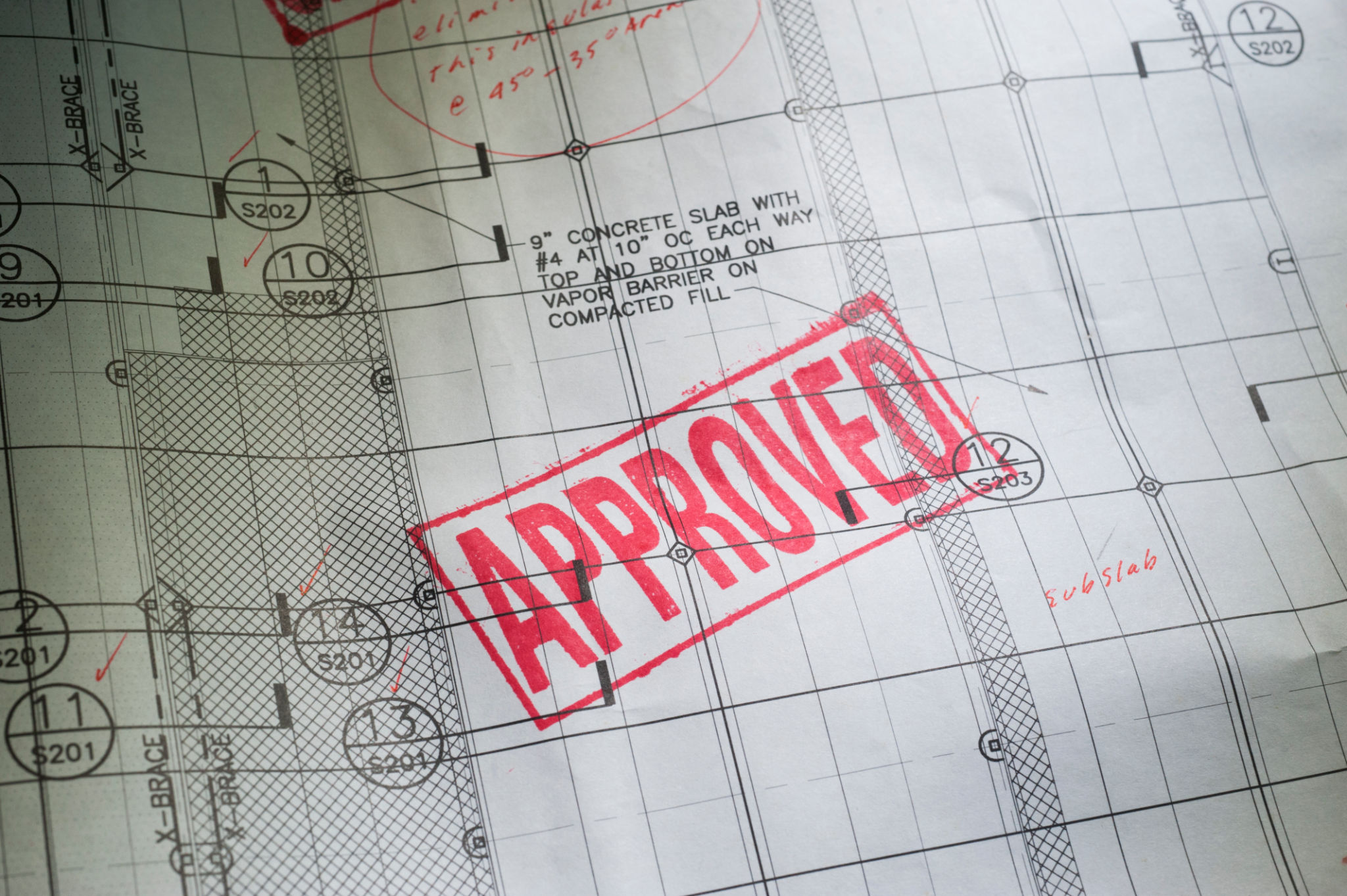The Complete Guide to ADU Regulations in Los Angeles
Understanding ADUs: What Are They?
Accessory Dwelling Units, or ADUs, are secondary housing units located on the same lot as a primary residence. Popular for their flexibility and potential to provide additional income, ADUs have become a sought-after solution for homeowners in Los Angeles looking to maximize their property value. However, navigating the regulations surrounding these units can be complex.
ADUs can take various forms, including converted garages, basement apartments, or standalone units. Their appeal lies in the ability to create extra living space without the need for a full-scale property purchase. Yet, before diving into construction or conversion, it's crucial to understand the local regulations that govern their development.

Key Regulations for ADUs in Los Angeles
In Los Angeles, a series of specific regulations govern the development of ADUs. Understanding these rules is essential for compliance and to avoid potential issues with city authorities. The regulations are primarily focused on zoning, size limitations, and safety standards.
Zoning Requirements
ADUs are permissible in most residential zones across Los Angeles. However, it's important to verify that your property is eligible. The city's zoning code outlines where ADUs can be built, ensuring they fit within the neighborhood's character and infrastructure.

Size Limitations
The size of an ADU is another critical factor. In Los Angeles, attached ADUs cannot exceed 50% of the main dwelling's square footage or 1,200 square feet, whichever is smaller. Detached ADUs also have a cap of 1,200 square feet. These restrictions are designed to maintain balance between primary residences and their additional units.
Permit Process and Fees
The permit process for ADUs can be intricate. Homeowners must submit detailed plans to the Los Angeles Department of Building and Safety. These plans should include all structural, electrical, and plumbing work proposed for the unit. It's advisable to consult with a professional to ensure all requirements are met.

In terms of fees, expect costs related to building permits and inspections. These fees are necessary to cover administrative processes and ensure that all constructions meet safety and quality standards. Budgeting for these expenses early can prevent unexpected financial strain.
Impact on Property Taxes
Adding an ADU will likely affect your property taxes. While the construction itself can increase your home's assessed value, the specific impact varies depending on several factors such as location and the extent of renovations. Consulting with a tax professional can provide clarity on how your property taxes might change.

Conclusion: Planning Your ADU Project
Planning an ADU project in Los Angeles requires careful consideration of local regulations and potential costs. By thoroughly understanding zoning laws, size restrictions, and permit requirements, homeowners can successfully navigate the complexities of creating an additional dwelling unit.
Whether looking to generate rental income or provide housing for family members, ADUs offer significant benefits. With proper planning and professional guidance, you can enhance your property's value while contributing to Los Angeles's housing solutions.
